During today’s high-level dialogue on “Unlocking Finance for Young Women Entrepreneurs” hosted under the Young Africa Works initiative, Dr. Erick Rutto, President of the Kenya National Chamber of Commerce and Industry (KNCCI), delivered remarks highlighting critical concerns affecting Micro, Small, and Medium Enterprises (MSMEs), particularly those led by young women.
Dr. Rutto identified three key barriers confronting MSMEs in Kenya:
 1. Access to Capital
1. Access to Capital
Access to finance remains the most persistent challenge. According to insights presented during the dialogue, only 26.3% of women-led MSMEs in Kenya are able to access formal financial services. Dr. Rutto emphasized that most MSMEs—especially youth- and women-owned businesses operate informally and are thus excluded from mainstream financial services due to lack of registration, proper documentation, and collateral. The product mismatch in loan structures such as high interest rates and inflexible repayment terms further disincentivizes borrowing and growth.
“We must rethink how our financial systems define risk and value, especially for small and youth-led enterprises. Collateral and cash flow should not be the sole indicators of creditworthiness,” noted Dr. Rutto.
2. Specialist Training for MSMEs
Dr. Rutto stressed the importance of targeted training to bridge the financial literacy gap. While the event underscored the role of financial education in enabling access to finance, it also revealed that many young women entrepreneurs lack access to practical, localized training tools that align with their business realities.
Participants of the event called for financial literacy initiatives that:
Use local languages,
Provide simplified loan navigation,
Address the dynamics of caregiving and informal work,
Move beyond knowledge to unlock real financing opportunities.
3. Market Access
Beyond capital and skills, market access was highlighted by Dr. Rutto as a major hurdle. Many young women-run MSMEs remain disconnected from scalable markets due to limited visibility, infrastructural gaps, and weak support ecosystems. This lack of access is even more pronounced in rural areas, where young women are disproportionately excluded from financial and economic participation due to poor infrastructure, seasonal cash flows, and limited outreach from formal institutions.
“For our MSMEs to thrive, we need holistic strategies that connect them not only to finance, but to reliable markets both domestic and international,” Dr. Rutto added.
A Call for Inclusive Solutions
Dr. Rutto concluded by affirming KNCCI’s commitment to working with stakeholders including financial institutions, development partners, and government agencies to co-create inclusive financial products, advocate for reduced compliance barriers, and promote the use of alternative credit assessment tools that value informal but viable enterprises.
The event also emphasized the intersectional barriers faced by vulnerable groups such as young women with disabilities, refugee entrepreneurs, and those from faith groups needing Sharia-compliant financial products—all areas requiring urgent attention for truly inclusive development.
About the Dialogue
The event brought together over 50 young women entrepreneurs, policymakers, and financial sector actors to discuss actionable solutions for improving access to dignified work and finance for young women in Kenya.

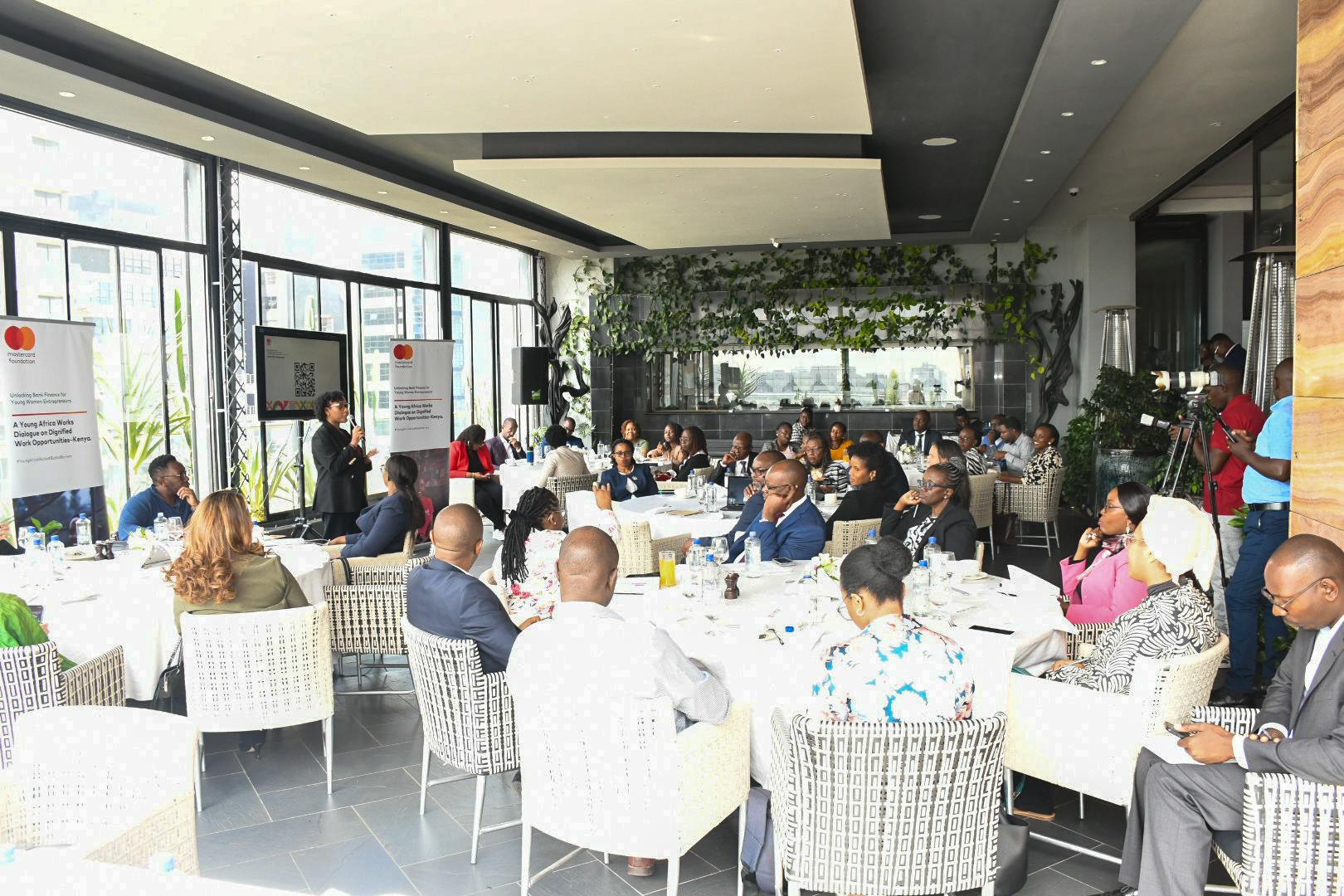
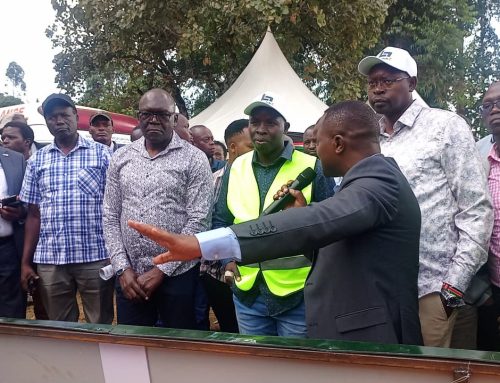
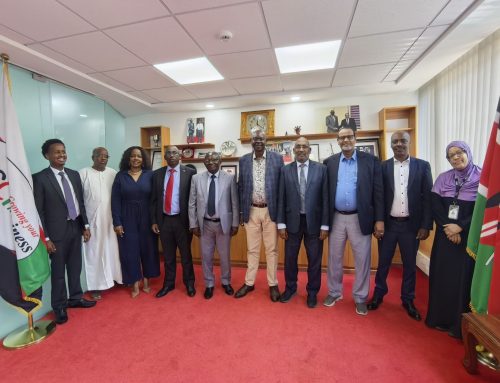
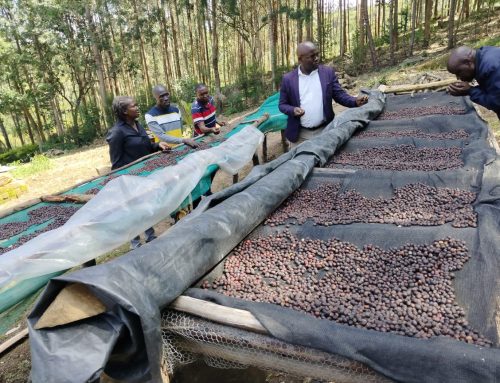
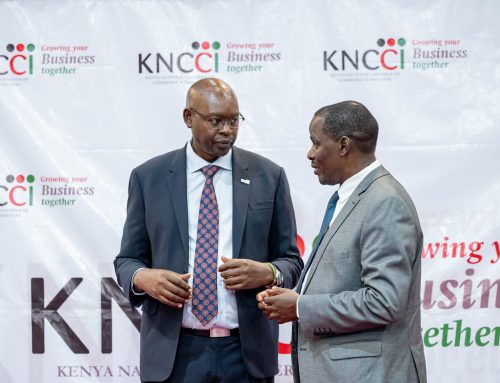

I would like to learn more and get help grow my Micro business
Reach out to us through
Reach out to us through
I would like to learn more
Reach out to us through